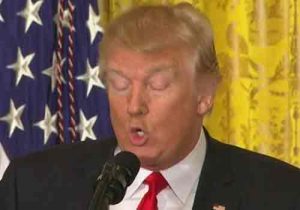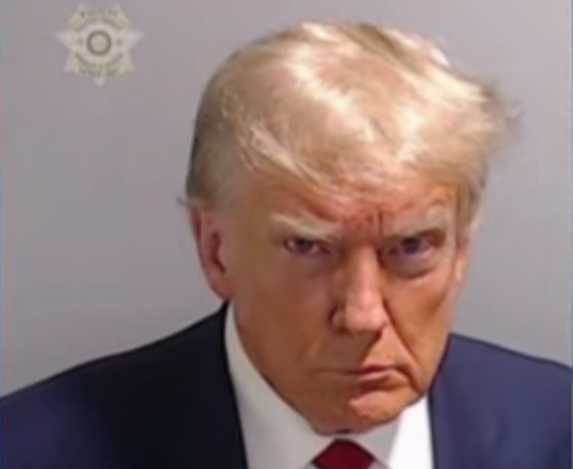
After repeatedly criticizing that assessment before taking office, President Trump took aim at the assessment again during his news conference, describing it as “fake news.”
“The whole Russian thing, that’s a ruse. That’s a ruse,” he said. “You can talk all you want about Russia, which was fake news, fabricated deal, to try and make up for the loss of the Democrats.”
Skinner, who now works with the Soufan Group, a provider of strategic security intelligence services, called such open disdain for the intelligence agencies’ finding unprecedented and dangerous.
“These statements have real world consequences,” he said. “Keep saying that the IC [intelligence community] is basically evil and policies and votes and worse happen.”
WikiLeaks
Other former members of the U.S. intelligence community also questioned Trump’s defense of WikiLeaks, an anti-secrecy group that has released leaked U.S. diplomatic cables and other classified material on its website.
“That is beyond comprehension,” said former CIA analyst Aki Peritz, now a senior fellow at George Washington University’s Center for Cyber and Homeland Security.
During the U.S. presidential campaign, WikiLeaks also released emails stolen from the Democratic National Committee regarding Democratic Party candidate Hillary Clinton.
In its report earlier this year, U.S. intelligence concluded with “high confidence” that after hacking into the emails, Russian military intelligence “relayed material it acquired from the DNC and senior Democratic officials to WikiLeaks.”[xyz-ihs snippet=”Adsense-responsive”]“Our entire system of government runs on trust, and if the trust between the president and the intelligence community declines, the whole system starts falling apart,” said Peritz, warning it could leave the U.S. vulnerable.
“When you see a real break down occurring like I think we’re seeing right now, maybe our adversaries can take advantage of that or maybe they can’t, but it gives them an opportunity,” he said.
VOA’s Aru Pande contributed to this report.
Source:VOA







